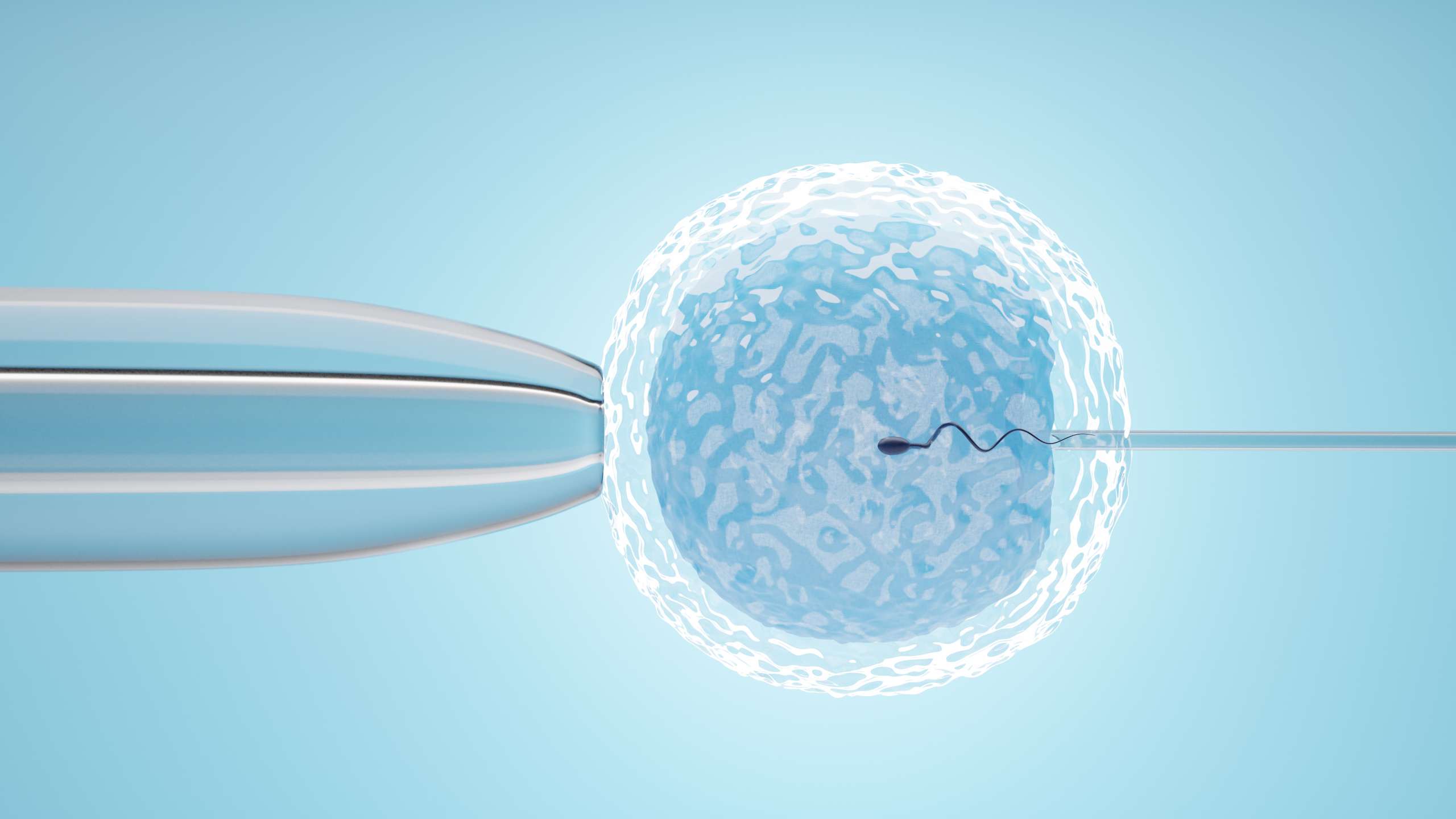Maya and Rakesh had been longing for a child to complete their family. However, their dreams seemed distant as they faced the challenges of male factor infertility. Little did they know that a medical echnique called Intracytoplasmic Sperm Injection (ICSI) held the key to their hopes.
What is ICSI?
Intracytoplasmic Sperm Injection (ICSI) is a cutting-edge fertility treatment that has transformed the lives of countless couples struggling with male factor infertility. This advanced technique offers new hope by directly injecting a single sperm into the egg, enhancing the chances of successful fertilization and pregnancy. At Tathastu IVF, we are proud to offer tailored ICSI treatments, backed by our expertise and advanced techniques.
Understanding Intracytoplasmic Sperm Injection (ICSI):
Intracytoplasmic Sperm Injection (ICSI) is an assisted reproductive technology that involves the precise injection of a single sperm into the egg using a microneedle. This procedure is recommended for couples facing challenges such as severe male factor infertility, low sperm count, poor sperm motility, or abnormal sperm morphology.
Important Steps in ICSI Procedure:
The ICSI procedure follows a series of crucial steps:
Ovarian Stimulation: The woman’s ovaries are stimulated to produce multiple eggs using fertility medications. This step ensures a sufficient number of eggs for the ICSI process.
Egg Retrieval: When the eggs reach maturity, a minor surgical procedure called egg retrieval is performed to collect them from the ovaries. The eggs are then carefully prepared for the ICSI procedure.
Sperm Collection: The male partner provides a semen sample, which is examined to select the healthiest and most viable sperm for injection. In cases where there is a limited sperm count, sperm can be retrieved directly from the testicles through procedures like testicular sperm extraction (TESE) or epididymal sperm aspiration (PESA).
Microinjection: Using a specialized microscope and microneedle, a single sperm is carefully injected into the cytoplasm of each mature egg. This precise process significantly increases the chances of successful fertilization.
Embryo Development: The fertilized eggs, now embryos, are cultured and monitored in the laboratory for several days to assess their growth and development.
Embryo Transfer: A selected number of high-quality embryos are transferred into the woman’s uterus during a carefully timed procedure, usually a few days after the egg retrieval.
Benefits of Intracytoplasmic Sperm Injection:
ICSI offers several advantages for a couple including:
Increased Fertilization Rates: ICSI directly injects a sperm into the egg, bypassing any barriers or challenges that may hinder natural fertilization. This greatly enhances the chances of successful fertilization.
Overcoming Male Infertility: ICSI is particularly beneficial for couples facing male factor infertility issues, such as low sperm count or poor sperm motility. It allows for the utilization of even a small number of viable sperm for fertilization.
Genetic Screening: ICSI offers the opportunity for preimplantation genetic testing, allowing for the detection of genetic abnormalities before embryo transfer, reducing the risk of certain genetic disorders.
Intracytoplasmic Sperm Injection (ICSI) at Tathastu IVF
Intracytoplasmic Sperm Injection (ICSI) offers hope to couples facing male factor infertility, and Tathastu IVF Center is dedicated to providing the expertise and support needed throughout the process.
With a commitment to personalized care and advanced techniques, we strive to maximize success rates and guide you on your journey towards parenthood.

